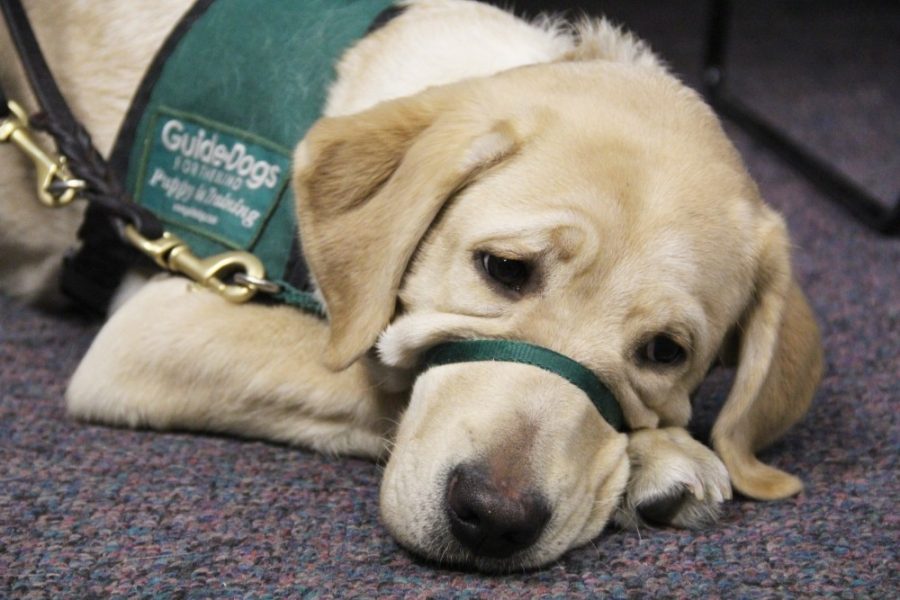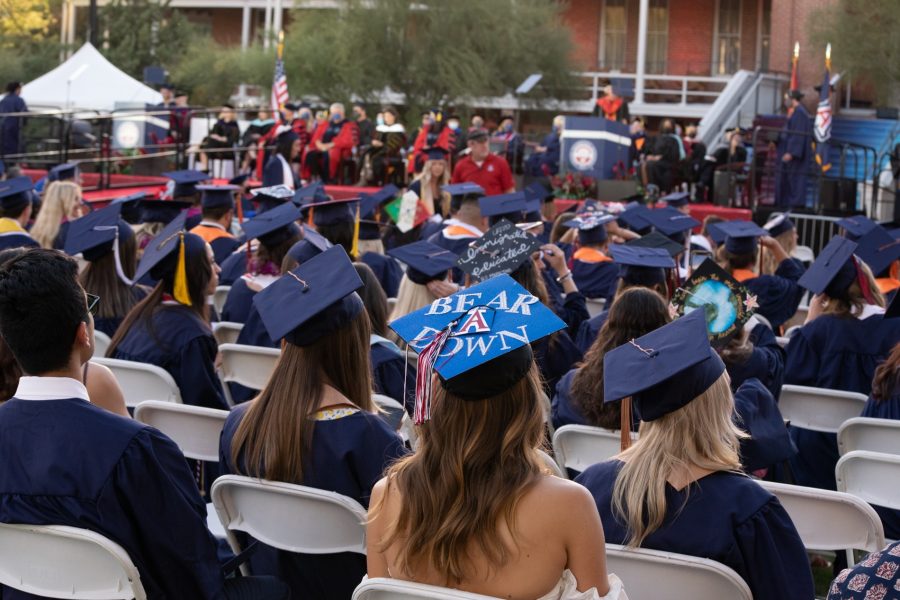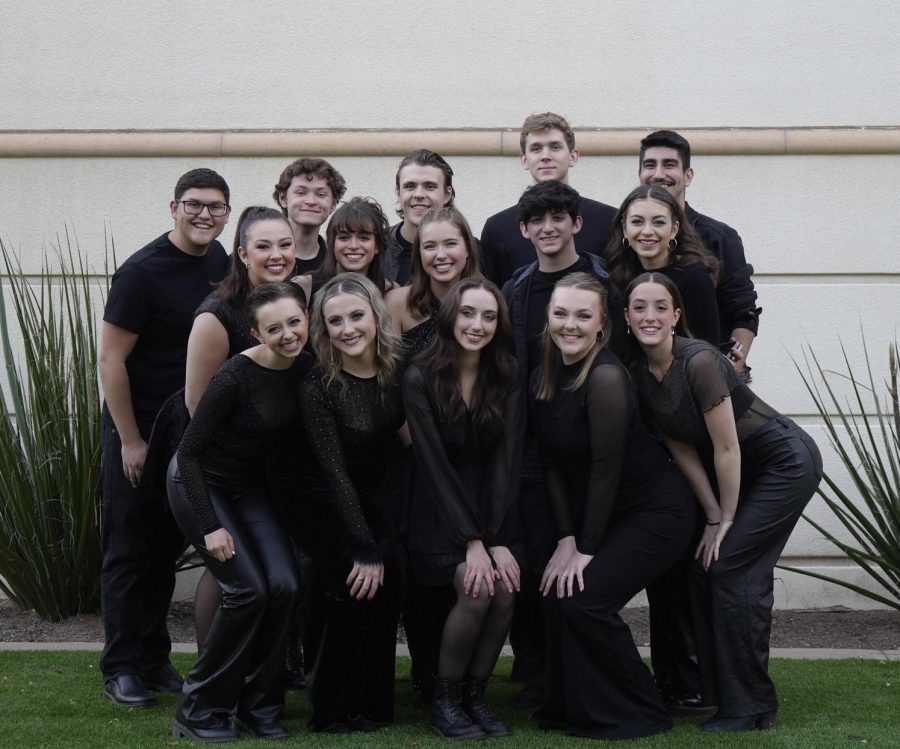UA’s Arizona Canine Cognition Center (ACCC), located in the Emil W. Haury building, is almost ready to open its doors.
Evan MacLean, assistant professor of anthropology and lead researcher at the ACCC, said the center is currently running a pilot study and is not yet fully open, though he hopes it will be soon.
“I’d say maybe a month from now,” MacLean said. “There are a few things that are beyond our control. Our website and database—as soon as that’s done then we’ll be going.”
So far, the website and database have been the only obstacles. The two wall-mounted cameras, the tripod camera and the multiple televisions used to monitor the experiments have all worked perfectly, MacLean said.
Right now, there are three students working in the lab, which is a “pretty small crew,” according to MacLean, but after the center is fully operational he hopes to add more.
“It all depends on how many students are in the lab and what’s going on, but eventually there will be multiple studies going on,” MacLean said. “There’s lots of things on the radar.”
RELATED: The research behind therapy dogs is limited but real
Daniel Horschler, a first-year student in the biological anthropology Ph.D. program, is in charge of the pilot program. He got interested in canine cognition while an undergrad at Yale University.
“I was studying human memory and human cognition, and I got curious to know if other animals think in the same way humans do,” Horschler said. “I did an internship at Yale’s Canine Cognition Center and I just loved it, so I knew I wanted to go to grad school and do the same thing.”
The pilot study tests both the working memory of dogs and dog-human cooperation. Horschler tests working memory by seeing how long a dog can remember where a treat is after it’s hidden under one of several cups.
“We’re trying to see if they’ll go right for it or if they’ll forget,” Horschler said.
For dog-human cooperation, Horschler is testing if dogs understand cooperation the same way humans do, using a wooden box with a plexiglass door. The dog has to learn to slide the door open with their nose. Then a step is added: A human has to lift another piece of plexiglass for the dog to reach the door.
“The human will eventually stop lifting it right away to see if the dog will attempt to reengage the human,” Horschler said. “We’re trying to see if reengagement is unique to humans.”
The pilot has been going well so far, Horschler said, though sometimes it takes a while for dogs to warm up to the space.
“They’re still a little wary sometimes of interacting with some new random person, and it kind of looks like the vet’s office, kind of sterile,” Horschler said. “We’ll definitely end up changing some things but overall it’s going well. We’ve been getting good data and today’s session was really good.”
That session was with sharpei-pitbull mix Alice, brought in by first-semester nursing student Rachel Colley. Colley heard about the pilot study from another UA student who volunteers at the same recuse, In the Arms of Angels.
“I like learning new things, and I bring my children over to the other study, so I thought why not?” Colley said. “I’ll keep doing these experiments as often as they ask me to come in.”
The likelihood of dogs being invited back is high, according to Horschler. “Hopefully we can have them come back for multiple sessions, and then as we get more people in the lab and they run their own experiments, we’ll be able to invite people back for new stuff,” Horschler said.
RELATED: Local organization combats PTSD in veterans with service dogs
This study will likely last until the end of the 2017 fall semester.
“I won’t be here over the summer, so we’ll probably finish it in the fall semester of next year if we can get enough participants,” Horschler said. “The goal is as quickly as possible, but [it will take] probably another semester at least.”
Horschler himself will be at the UA for at least another four years, as his Ph.D. program is five years long.
He plans to remain at the ACCC and would like to run a study on theory of mind, which is related to the way animals think about the minds of others.
“Humans have this ability to understand that other humans have thoughts and emotions and feelings that are distinct from their own, and that’s a big topic of study in non-human primates,” Horschler said. “There’s some new evidence for this in non-human primates, but evidence for this in species other than humans is pretty limited.”
Horschler said that’s tested with false belief tasks, which children are able to pass around 4 or 5 years of age.
“Dogs will watch me watching some food get hidden, then my view will be blocked, so I don’t know what’s going on, then the food moves somewhere else,” Horschler said. “We try to test whether or not they have an expectation that I’m going to look in the place that I saw it or if they think I’m going to magically know where it went.”
MacLean said the ACCC could see upwards of seven dogs a day when it is running at full capacity.
“It ebbs and flows a little bit,” MacLean said. “If we have a study going, a busy day, we might see six or seven dogs; there might be some days where we see no dogs. It’s little spurts of activity.”
Until the website is up, the ACCC will continue to run just the pilot program.
Follow Marissa Heffernan on Twitter.















